GPT-4's Potential to Democratize Coding and Boost Productivity
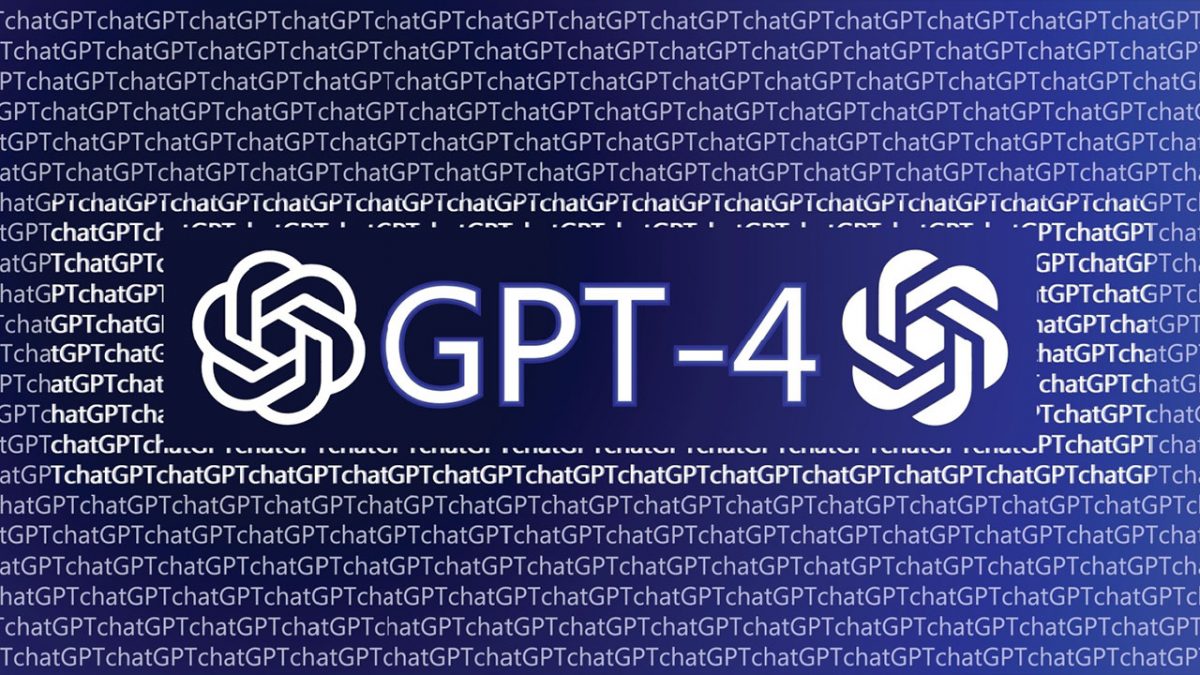
Following the recent release of GPT-4, users have observed the model's impressive coding capabilities. OpenAI's latest version of its large language model has demonstrated the ability to code games like Pong and create basic applications based on conversational English prompts. However, some computer science students and software developers have expressed concern that the advanced AI may threaten their job security in the future.
One of the most popular posts on the subreddit r/ProgrammerHumor, with almost 40,000 upvotes, features a meme of Squidward looking anxious and alert with the OpenAI logo in the background. The caption reads, "How I sleep as a computer science student witnessing the rapid development of technologies that will inevitably render me obsolete." This post reflects the widespread concern among computer science students and developers that AI will soon replace their jobs.
According to computer science researchers and developers, while AI may potentially replace some junior-level development positions, GPT-4 is more likely to enhance productivity and become a valuable tool for developers rather than completely substitute them. David Joyner, who is the Executive Director of Online Education and Online Master of Computer Science at Georgia Tech, likened GPT and similar models to calculators, which are to math what GPT is to coding.
Related: AI writes an episode of South Park
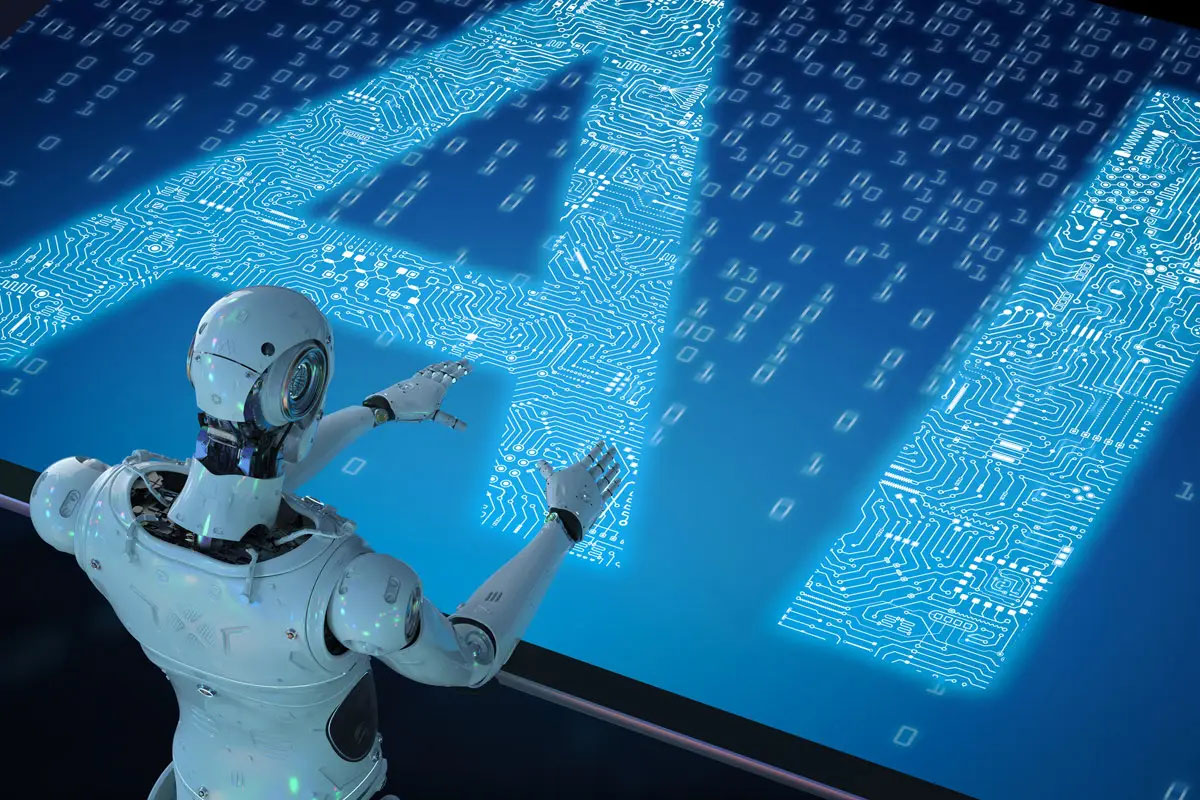
According to Joyner, GPT-4 and similar models are likely to enhance productivity and serve as a tool for developers, rather than completely replace them. Joyner explained that GPT-4 is to coding what calculators are to math, as it can assist with tasks such as scripting and writing, saving time and allowing developers to focus on other aspects of the problem. Despite this, Joyner notes that AI will not render much of his knowledge obsolete, but will instead require him to target his expertise towards a narrower slice of the problem.
According to Joe Perkins, the founder of a startup that builds tools to help VCs, ChatGPT is likely to increase efficiency and significantly reduce the cost of developing a real working product. A tweet by Perkins went viral after GPT-4's release, where he described using the language model to write code for five microservices for a new product. A developer had quoted £5k and 2 weeks for the same task, but GPT-4 delivered it in just three hours for $0.11. This showcases the potential for GPT-4 to revolutionize the product development process.
Perkins explained that his technical background allowed him to comprehend the code generated by GPT-4, but he admitted to not having the skills to code as efficiently. This is why GPT-4 proved to be an indispensable tool for him. He added that he is still collaborating with the aforementioned developer and that the latter attested that GPT-4 allowed him to save two days' worth of work, thus ultimately saving Perkins money.
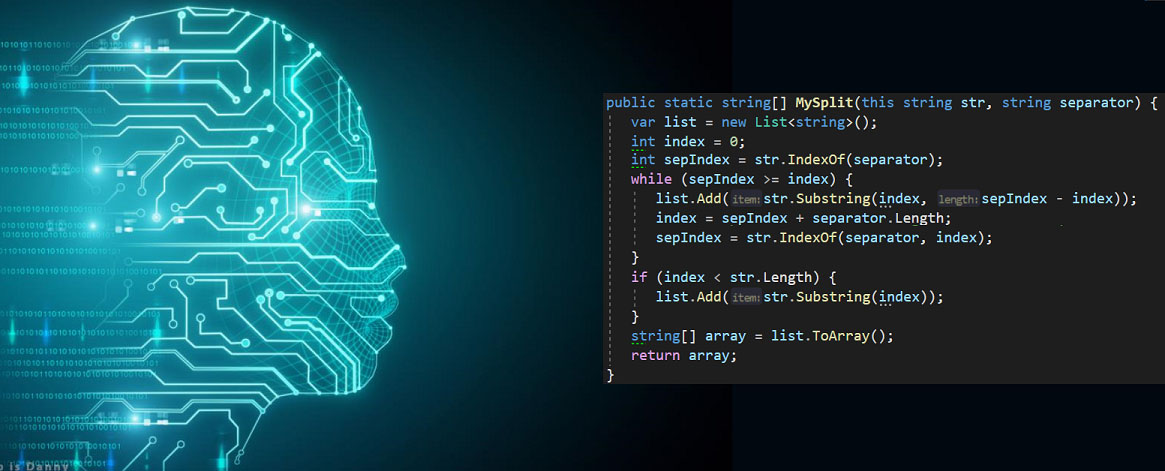
Perkins noted that while GPT-4 has been extremely helpful for his early-stage startup, it is unlikely that we are currently at a point where an engineer at a company like Google would rely solely on OpenAI to write and deploy code that will be used by billions of people. He emphasized the importance of product scrappiness for startups with limited resources, and how GPT-4 can help to efficiently complete tasks and save money without the need to hire additional resources.
Perkins and Joyner see great potential in GPT-4 to enhance education by helping individuals with limited technical knowledge to learn and explore code easily. While Perkins sees the tool as a valuable resource for product development and cost savings for early-stage startups, Joyner is excited about its potential to provide individualized tutoring and help students better understand coding concepts. They both envision a future where GPT-4 and similar technologies lead to a golden age of informal, self-guided learning in computer science.
According to Joyner, although coding was already relatively democratized due to online tutorials, GPT-4 will make it even more accessible. Perkins shared an example of a friend with no technical background who was able to create a chrome extension in just 15 minutes using GPT-4, allowing users to translate highlighted text on a webpage into any language. Perkins noted that his friend was inspired to build more projects now that he has access to the technology, which he previously couldn't afford or lacked the time to learn. Therefore, GPT-4 has the potential to significantly democratize coding.
Related: Microsoft’s new share button makes it easy to show people what Bing AI is saying
Amjad Masad, the CEO of Replit, an online platform for collaborative coding, believes that AI-powered coding will transform the skill and make it much easier to learn, leading to exponential growth in productivity. Like Perkins and Joyner, Masad sees GPT models as a tool for people who already have knowledge of coding.
In the end, AI will not replace all software developers. However, it will impact the number of products being developed and the accessibility of software development. Additionally, it will push people to develop their skills in engaging with AI, including learning prompt engineering, which is how to efficiently use largely language models. These changes will affect the demand for coders and the cost of their services, ultimately shaping the future of the industry.
Joyner argues that when discussing the possibility of AI replacing certain professions, such as painters or novelists, it's important to remember that humans engage in creative endeavors not just for the final product, but also for the personal fulfillment it brings them. While AI may eventually be able to perform these tasks as well or better than humans, the sense of fulfillment that comes from the creative process cannot be replicated by a machine. Therefore, it's important to view AI as a tool that can enhance productivity and accessibility in certain fields, rather than a complete replacement for human workers.
Joyner emphasized that the principles underlying GPT and other AI technologies are public knowledge. This is why he believes that software engineering will be among the last skills to be broadly replaced by AI, despite its unique aptitude with coding. He suggests that the skills themselves are what enable new individuals or organizations to enter and stake an independent claim in increasingly AI-dominated fields.
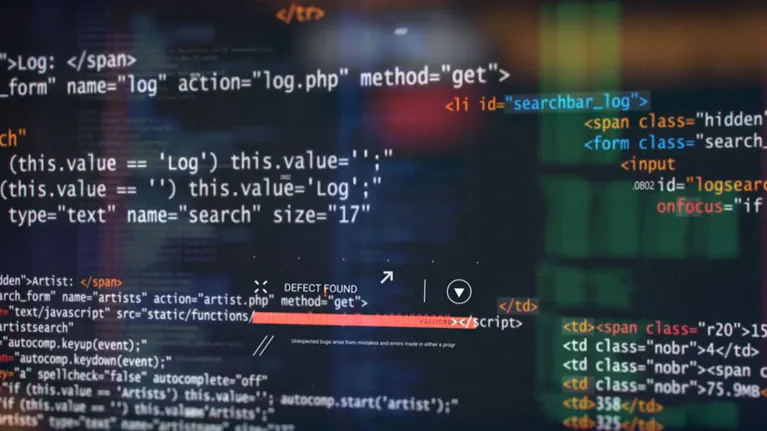






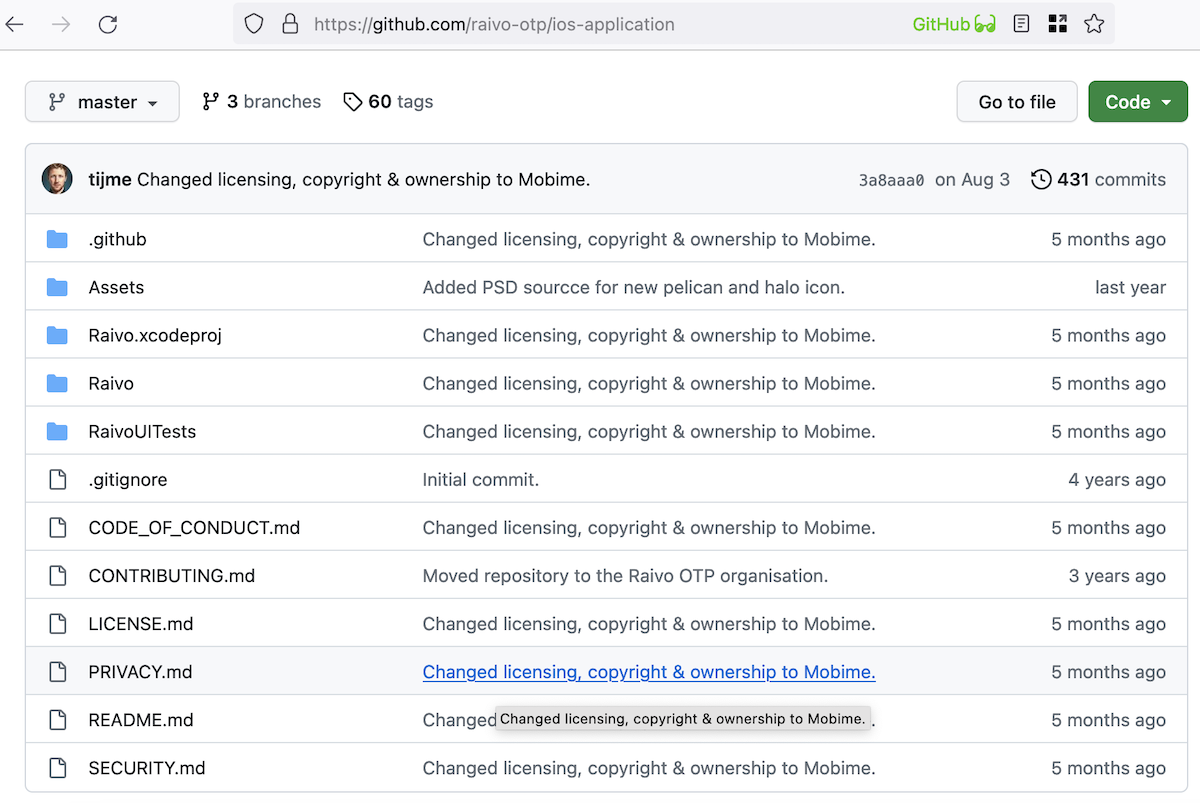



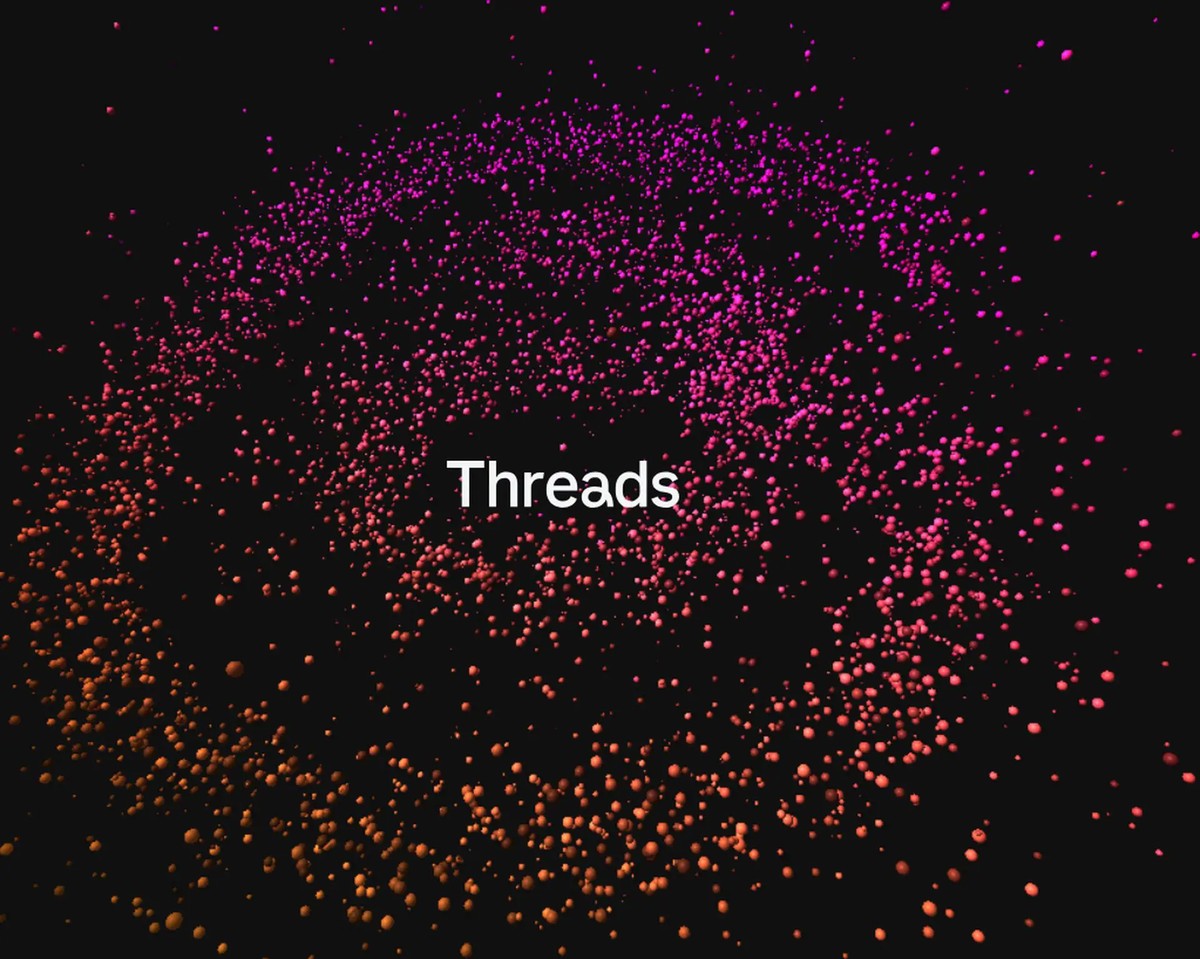




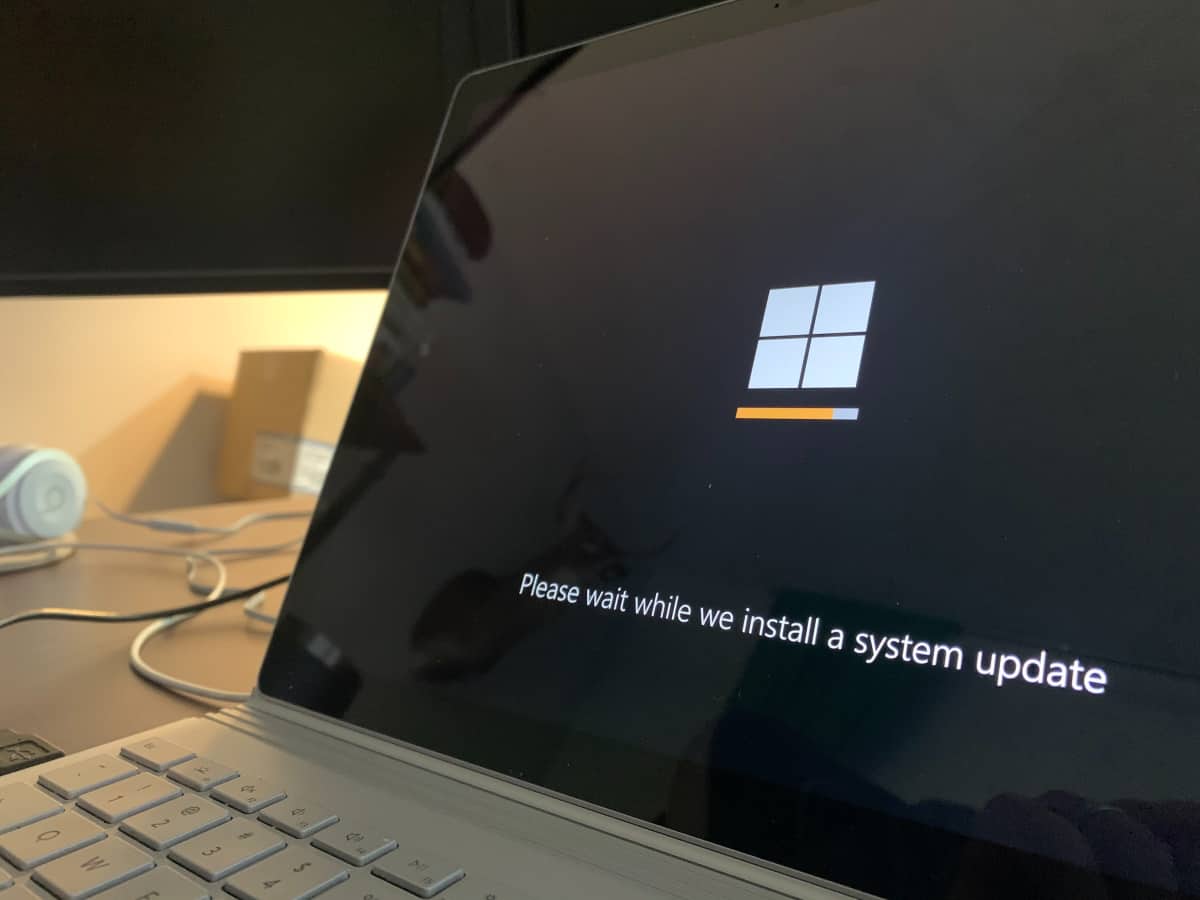
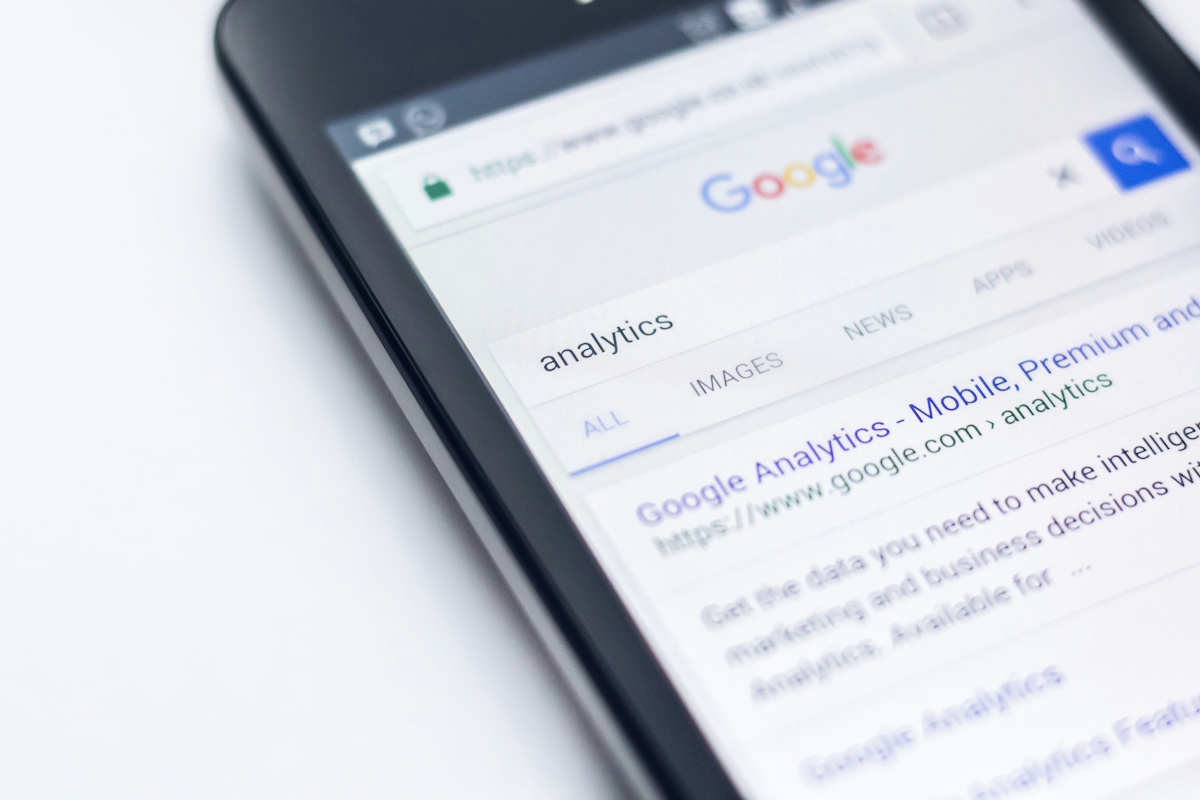





doubt it can be called democratizing if ppl dont understand anymore how code is generated and what/why its doing what it does. actually it has the opposite effect. making ppl to understand things on their own is the only way that leads to democratizing things.